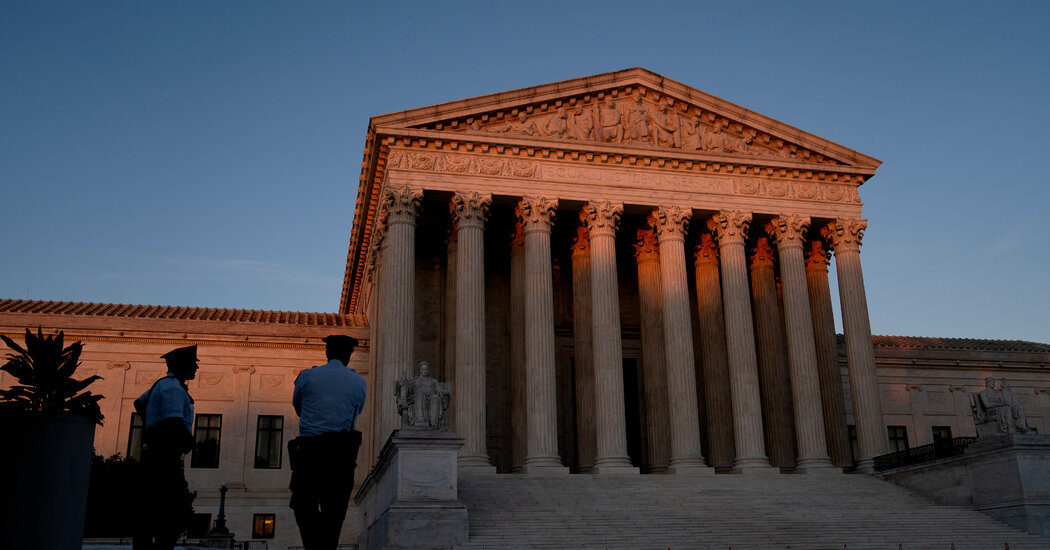
The commission traces back to a wave of anger among liberals when Senate Republicans rushed to confirm President Donald J. Trump’s nominee to fill the seat left vacant by the September 2020 death of Justice Ruth Bader Ginsburg, even though they had refused to hold a hearing or vote on President Barack Obama’s nominee to fill the seat vacated by the February 2016 death of Justice Antonin Scalia on the argument that it was an election year.
Rather than clearly endorse or repudiate the court expansion proposal just ahead of the election, Mr. Biden punted in October by saying he would create a commission to assess potential changes to the judiciary. While the panel is not charged with making specific recommendations, its report may help set the stage for debate in Congress.
A few witnesses addressed court expansion, generally either arguing that it would delegitimize the court and inevitably lead to further expansions by Republicans, or portraying it as a “break glass” measure of last resort to deal with a hypothetical court that is consistently out of step with overwhelming popular opinion.
Among the ideas the witnesses engaged with more deeply: whether to change how the court selects which cases to hear in order to address the plummeting number it has decided in recent years, whether to reduce its ability to decide major legal issues without full briefings and arguments, and whether to replace lifetime tenure for Supreme Court justices with term limits.
“In an age of increasing polarization, there’s no question that Supreme Court nominations have become an almost entirely partisan affair, and this is going to potentially cause grave harm to the court’s legitimacy,” said Maya Sen, a Harvard public policy professor. “And I strongly encourage members of this commission to consider term limits, which could represent a powerful tool to reverse this trend.”
The term-limit discussion focused on a proposal to move to staggered, 18-year terms with seats regularly coming open every two years, rather than only when a justice dies or chooses to retire, perhaps coupled with mandating up-or-down Senate confirmation votes on nominees.
Such a change might help reduce the escalating partisan warfare over confirmations, argued Michael McConnell, a retired appeals court judge who is now a Stanford University law professor. He traced the fights back to the bitter confirmation battle in 1987 that defeated President Ronald Reagan’s conservative nominee, Robert Bork.




